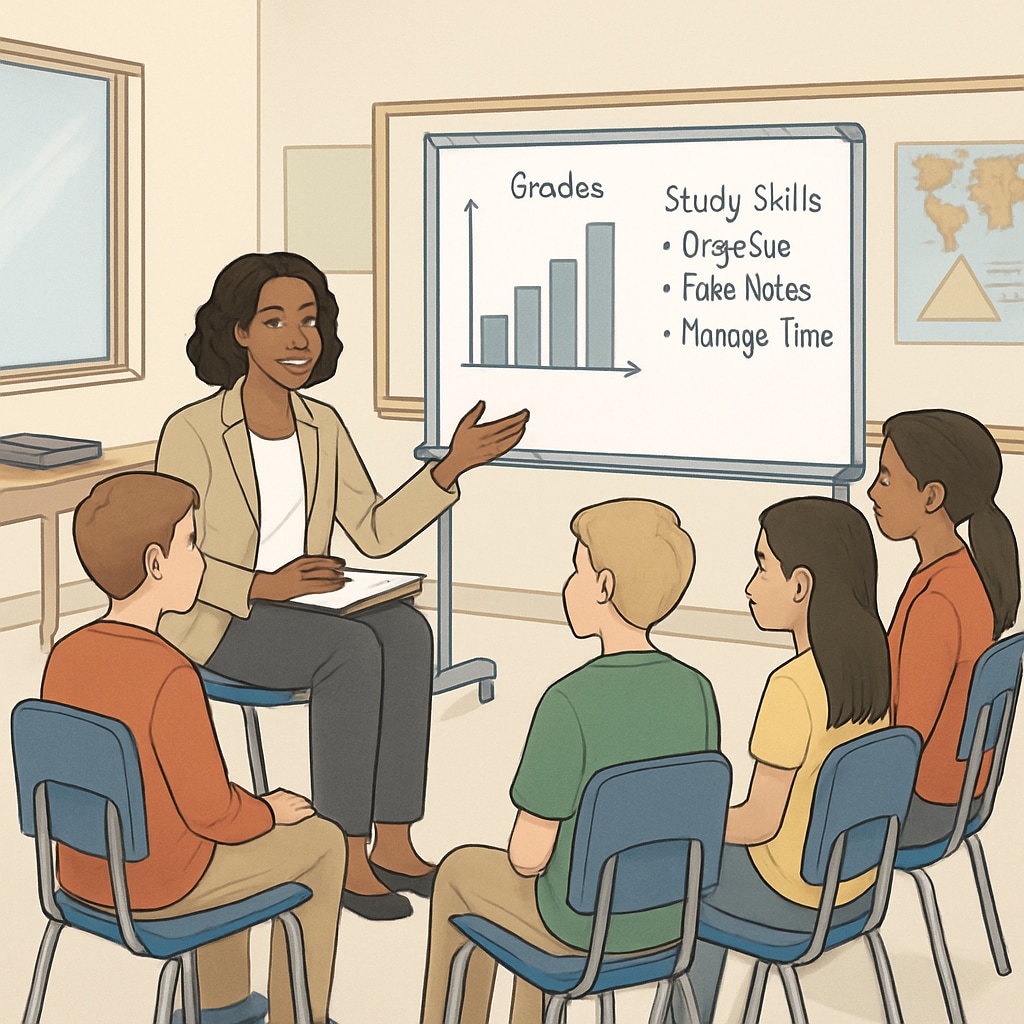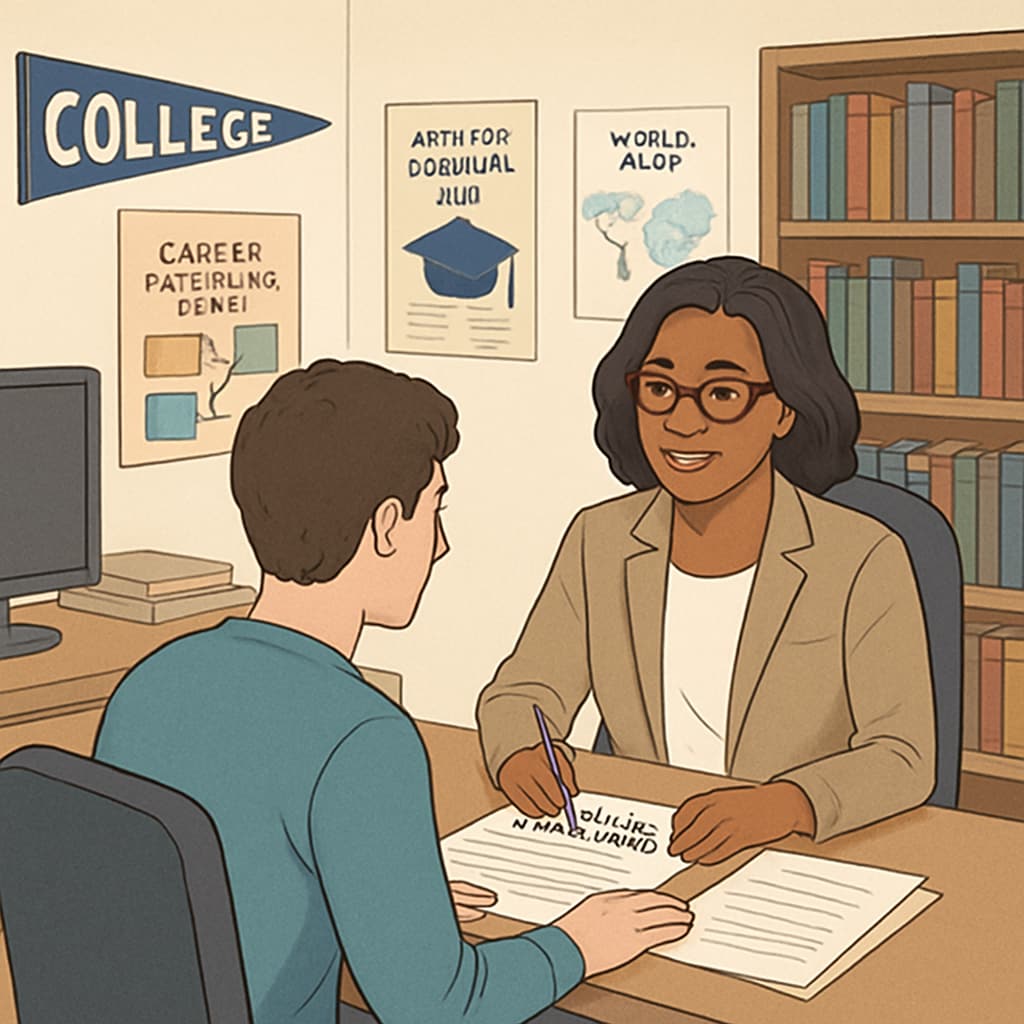When completing a research assignment, such as a graduate project on the role of school counselors, conducting interviews with professionals in the field offers invaluable insights. School counselors are integral to the K12 education system, acting as a bridge between students’ academic growth and their mental health needs. This article delves into the unique responsibilities of counselors at the middle and high school levels, exploring commonalities, differences, and the challenges they face in addressing the developmental needs of students.
The Multifaceted Role of School Counselors
School counselors wear many hats. They provide academic guidance, address social and emotional challenges, and help students navigate complex personal issues. Their role is not limited to responding to crises; they also work proactively to foster an environment where students can thrive.
For example, middle school counselors often focus on helping students transition from elementary school, addressing early adolescent changes, and fostering organizational skills. High school counselors, on the other hand, may prioritize college and career readiness, along with managing the pressures of academic performance.

Key Similarities and Differences in Middle and High School Counseling
While the overarching goal of school counselors remains consistent—supporting student development—there are notable differences in their day-to-day responsibilities depending on the educational level. Here are some of the key similarities and differences:
- Similarities: Both middle and high school counselors prioritize mental health, provide conflict resolution, and collaborate with teachers and parents to support student success.
- Differences: Middle school counselors often address issues like bullying and social adjustment, while high school counselors focus more on postsecondary planning, such as college applications and career counseling.
These distinctions highlight the adaptability required of counselors as they tailor their approaches to meet the developmental needs of their students.

Challenges School Counselors Face
Despite their critical role, school counselors face numerous challenges. High caseloads, limited resources, and the increasing complexity of student needs can make their work demanding. According to a report by the American School Counselor Association (ASCA), the recommended counselor-to-student ratio is 1:250, but many schools exceed this, placing added pressure on counselors.
Additionally, societal issues such as mental health stigma, economic disparities, and the impact of social media further complicate their responsibilities. As a result, school counselors must be not only skilled professionals but also compassionate listeners capable of addressing a diverse array of challenges.
Why Interviewing School Counselors Matters
For education researchers or graduate students working on assignments, interviewing school counselors provides firsthand insights into their roles, challenges, and successes. These interviews can shed light on real-world practices, offering a practical perspective to complement theoretical frameworks.
For example, asking counselors about their strategies for managing high caseloads or how they adapt to students’ developmental stages can provide valuable data for research. Moreover, interviews can highlight innovative approaches to counseling that might not be widely documented in academic literature.
Conclusion: School counselors are the unsung heroes of the K12 education system, balancing the dual priorities of academic guidance and mental health support. By understanding their roles and challenges, we can better appreciate the vital contributions they make to student success.
For those conducting research, such as graduate assignments, interviewing school counselors is a unique opportunity to gain practical insights and contribute to the ongoing conversation about improving student outcomes.


